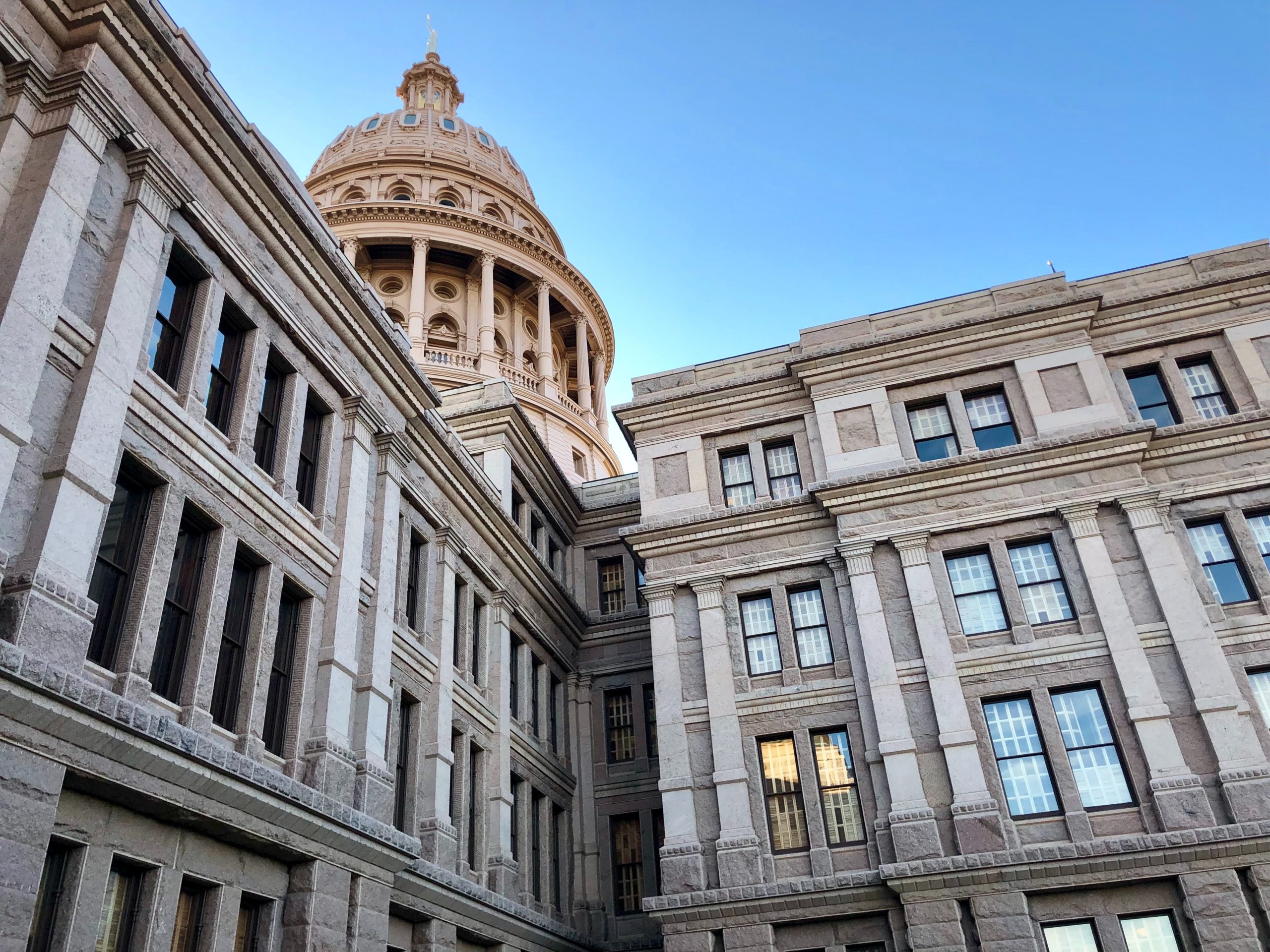
Accounting for State Government Guarantees
Before the coronavirus outbreak, the federal government spent about $4 trillion a year. There are heated and relentless debates about this spending. Less well-known is that the federal government also lends (or places guarantees on private loans) of almost $1.5 trillion a year. If one includes all the semi-public government corporations, such as Fannie Mae and Freddie Mac, the federal government keeps over $7 trillion in lending and guarantees on its books. Thus lending, or guaranteeing private debt, is one of the most important, albeit underappreciated, occupations of the federal government.
State governments also lend and guarantee tens of billions of dollars of debt, in areas from housing to local school construction to small business assistance, yet there is almost no research on this subject, and we don’t know the true total. It is most likely well over $100 billion a year. Importantly, when state governments make loans or guarantees, they usually don’t have to account for it in their budgets, and can often claim the lending will earn the government money, when in reality they are putting the state and its taxpayers on hock for billions of dollars, or encouraging their own local governments to take out excessive amounts of debt.
Although some such lending programs may be justified, it is not justifiable to treat these programs as a free lunch. We propose to reform state budgetary rules to ensure that they count their lending and guarantee programs as a cost and not as a free source of revenue. For those states with balanced budget amendments, such mandated budgeting of lending programs will ensure that the government does not saddle itself and future generations with dangerous liabilities without including funds to pay for them.
In this article, we lay out why states should be concerned about these assets and liabilities and explain how placing them on-budget could help lawmakers better understand the extent and costs of these programs. We also explain how to incorporate these programs in their regular budgeting process. It is a clear fix that will help current and future taxpayers.

Stay Informed
Sign up to receive updates about our fight for policies at the state level that restore liberty through transparency and accountability in American governance.
